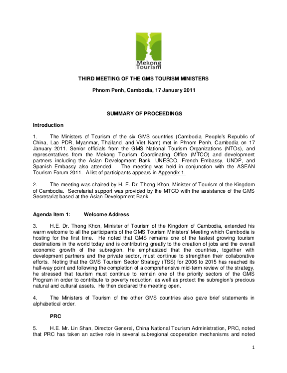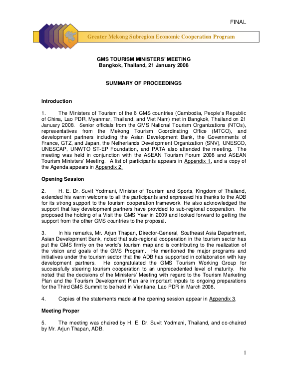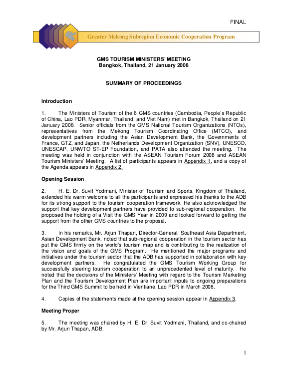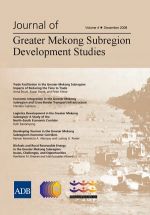ADB Loan for Marine Ferry Terminal in Kampot to Boost Southern Tourism
PHNOM PENH, CAMBODIA (25 November 2014) – The Asian Development Bank has approved an $18 million loan to build a marine ferry terminal and other infrastructure in southern Cambodia to open up new opportunities for tourism beyond current popular destinations like the famous temples of Angkor.




